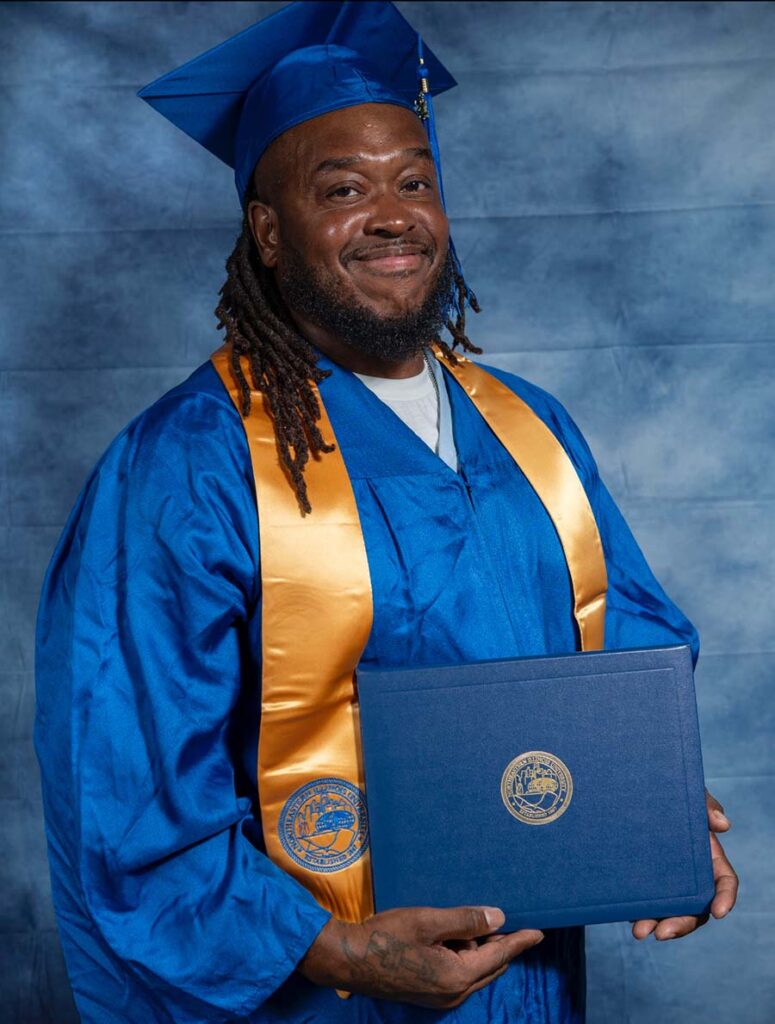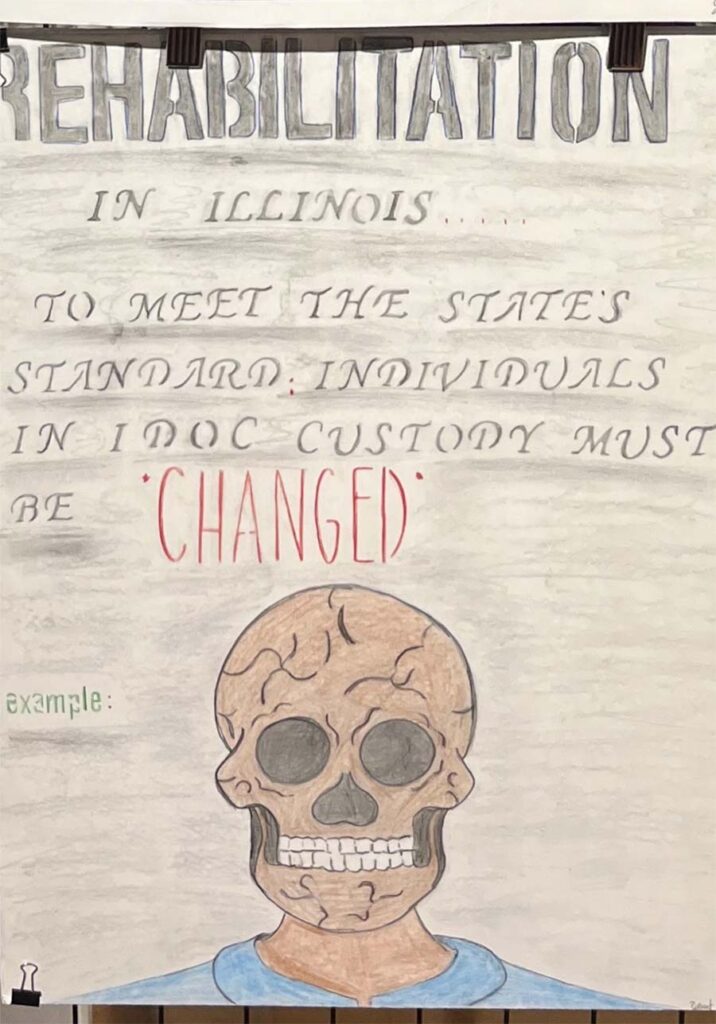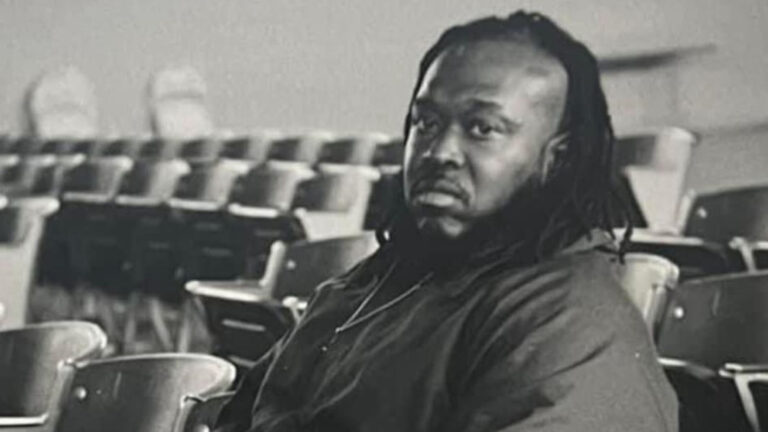GALESBURG — For the first time in two decades, Robert Curry has a window.
Curry is one of over 400 men transferred out of Stateville Correctional Center before its closure at the end of September.
“I am able to see the world,” he said. “I’m able to see things like the highway from the yard. I’m able to open the window and get fresh air.”
The downside – his classmates in his bachelor’s degree program have been scattered to other facilities.

According to IDOC Public Information Officer Naomi Puzzello, the majority of the 100 people taking higher education classes at Stateville were transferred to the facility their program was relocated to. In an email, she said other factors like medical needs and security clearance prevented the rest from being transferred with their program.
But Curry says five of his eight classmates were transferred elsewhere.
After years of activism and a state report that called Stateville almost “inoperable,” Governor JB Pritzker announced this spring that the facility would be torn down and rebuilt.
A judge order pushed that timeline forward, requiring the state empty the prison by September 30.
In the process of emptying Stateville, the Illinois Department of Corrections split up longtime classmates – including Curry and seven others who had just completed their bachelor’s degrees through Northeastern University’s University Without Walls program.
“We depend on each other. We confer with each other and confide in each other,” Curry said. “Those are relationships that you don’t normally develop in a place like this, and we were able to do that.”
Curry was convicted of murder in 2006, but maintains his innocence. (He appealed his conviction in 2015 with recordings of another man confessing to the crime, but the judge was not convinced.)
University Without Walls hopes to reunite graduates in spring
At Stateville, Curry was able to study with Northeastern Illinois University and the Prison Neighborhood Arts/Education Project.
“I never considered getting a degree at all, whether bachelor’s, associates or master’s,” Curry said. “I never had any aspirations to go to college. I didn’t think it was in my cards.”
Northeastern’s University Without Walls program has provided a pathway for men at Stateville to pursue a degree consistently since 2017.
The goal, according to professor Erica Meiners, is to honor their university-level learning, which includes years of coursework as well as published books, new legal theories and nationally exhibited artwork.
“They were coming into the program as 30 year olds, as 40 year olds, as 50 year olds, as 60 year olds with decades of university-level prior learning, so this program allows us to make those assessments,” Meiners said.
When the program coordinators learned of the accelerated closure of Stateville, Meiners said they rushed to schedule the final academic requirement – a review board presentation – for the eight men in their graduating cohort.
Curry presented his on September 11, the day before he was transferred to Hill Correctional Center.
Five of his classmates, though, were sent to different facilities and they can no longer have contact with one another.
The University Without Walls program had planned to do a graduation ceremony for the group in late October, but a judge ordered the site to be vacated early.
Meiners said they will find a way to celebrate their recent graduates.
“We’re now just reassessing, and the hope is to do it in the spring, in March, April, May. And the hope is to do it potentially at Hill and get people moved to Hill,” she added. “That hasn’t been confirmed by the Department of Corrections.”

If Curry’s classmates are not transferred to Hill, they may no longer have access to higher education programs, which are not always offered at other facilities.
Curry said anger isn’t productive regarding the situation.
“I’m frustrated, to say the least, but I know that IDOC has no agenda to do right by us, regardless of the strides we make for ourselves.”
It’s his hope that he and the other students will eventually be reunited and get to experience a graduation ceremony with their families.
Puzzello said those who were transferred from Stateville can request a transfer to another facility after three months.
Emily Hays is a reporter for Illinois Public Media.

